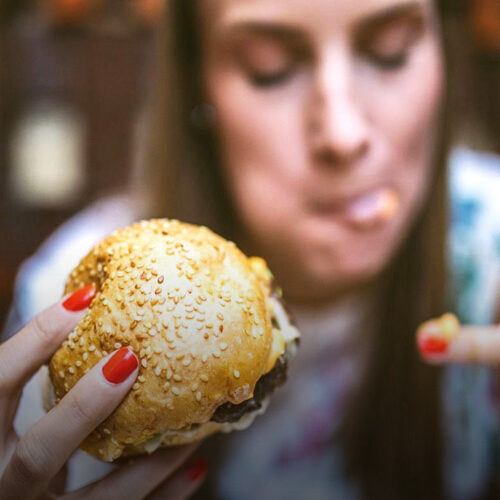ABSTINENCE IS NOT AN OPTION –
Sept. 11, 2023 – Critics of this research suggest that you can’t get addicted to something that’s essential to life. What’s more, while science has pinpointed nicotine in cigarettes and ethanol in wine or beer as the substances responsible for keeping people hooked, no such clear-cut equivalent exists for food. “It’s very difficult to prove that there are these nutrients in food that directly cause addiction,” says Johannes Hebebrand, a psychiatrist at the University of Duisburg-Essen in Germany.
Yet Ashley Gearhardt, a clinical psychologist at the University of Michigan, argues that highly processed foods are vastly different from what our ancestors used to consume. “Foods that are very high in fat and carbohydrate in a kind of an equal ratio—they don’t exist naturally,” she says. “It’s something that’s designed by food scientists in a laboratory to look a certain way, feel a certain way in your mouth, smell a certain way when you open the package.” A 2021 study showed, for example, that people with binge eating disorder exclusively overeat ultraprocessed foods. “People aren’t losing control over beans,” Gearhardt says.
Early research on rats suggested that sucrose keeps animals hooked. “They want more and more and more. Each day, they’ll show signs of craving,” says Nicole Avena, a neuroscientist at the Icahn School of Medicine at Mount Sinai. Sugars are present in many natural foods, from bananas to beets. Yet, as Avena points out, it’s all about packaging. A piece of fruit, she says, “has the appropriate amount of sugar in it, based on how much fiber it contains. Also, it has other nutrients that are going to minimize or mitigate the effects that sugar might have on our brain.”



